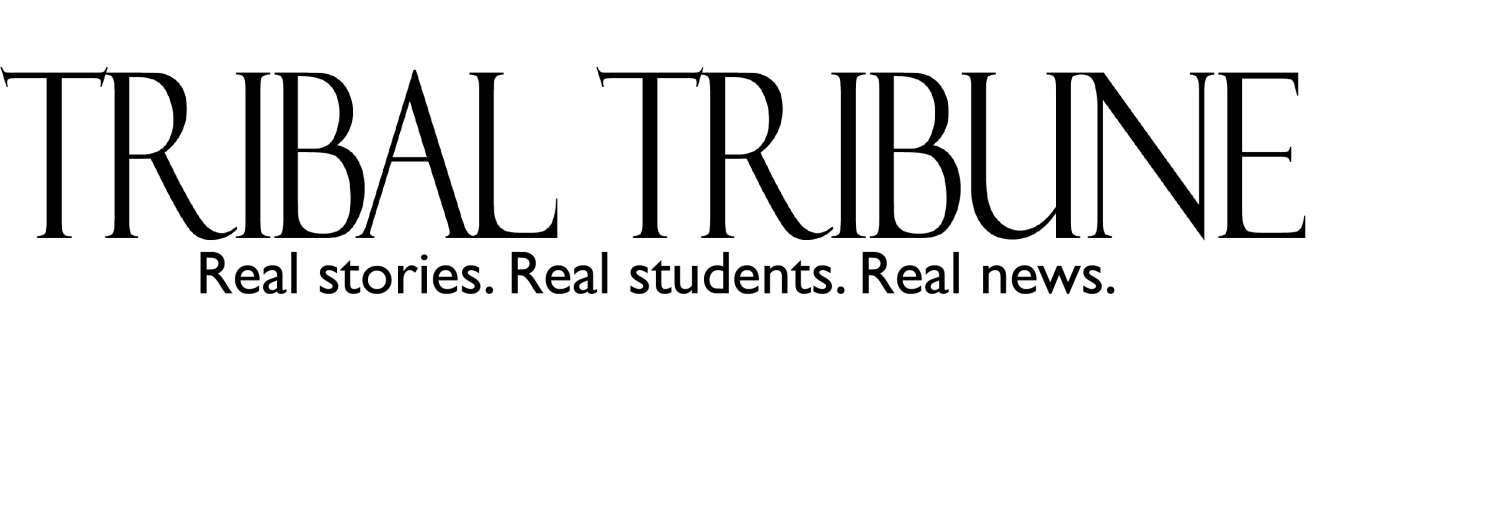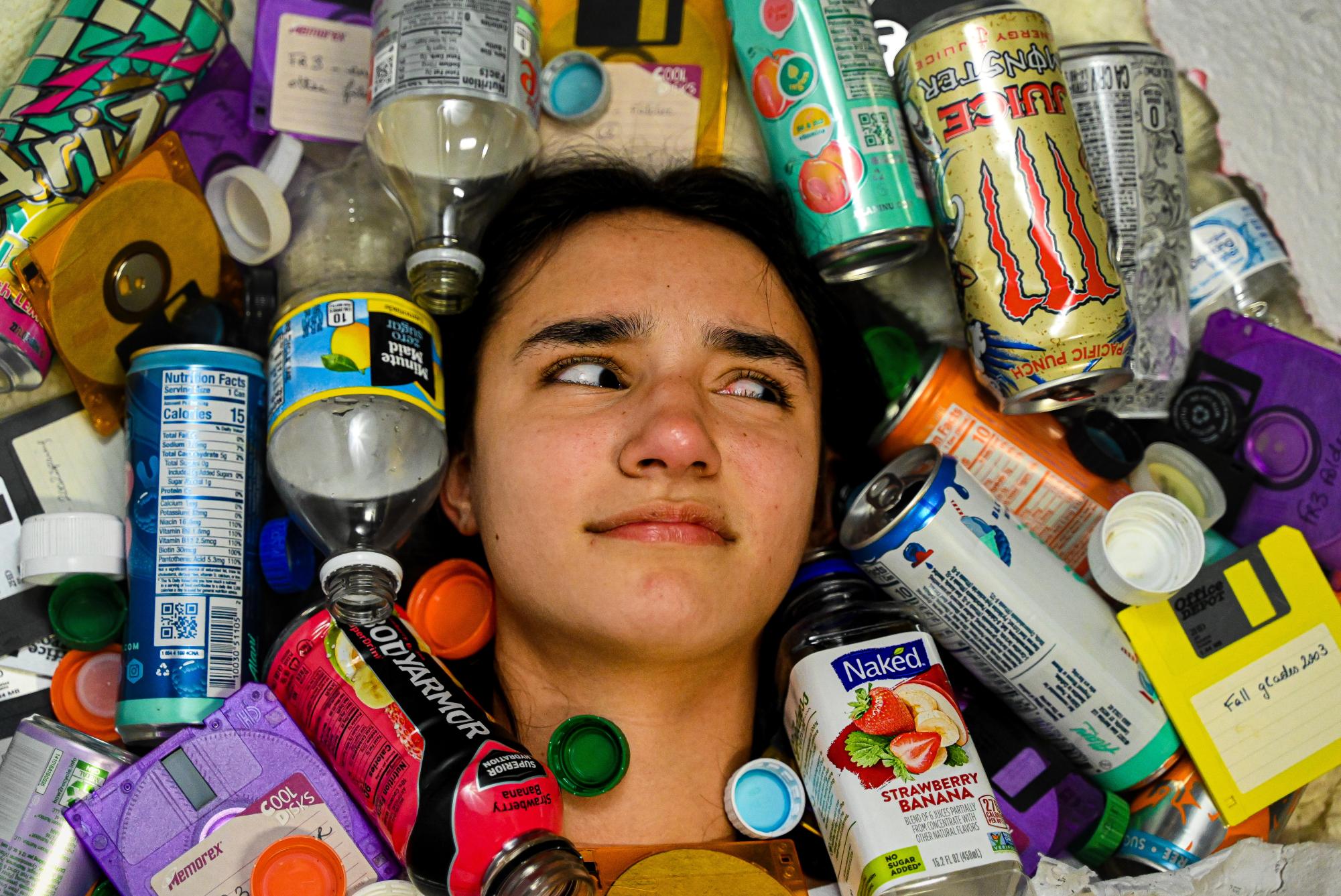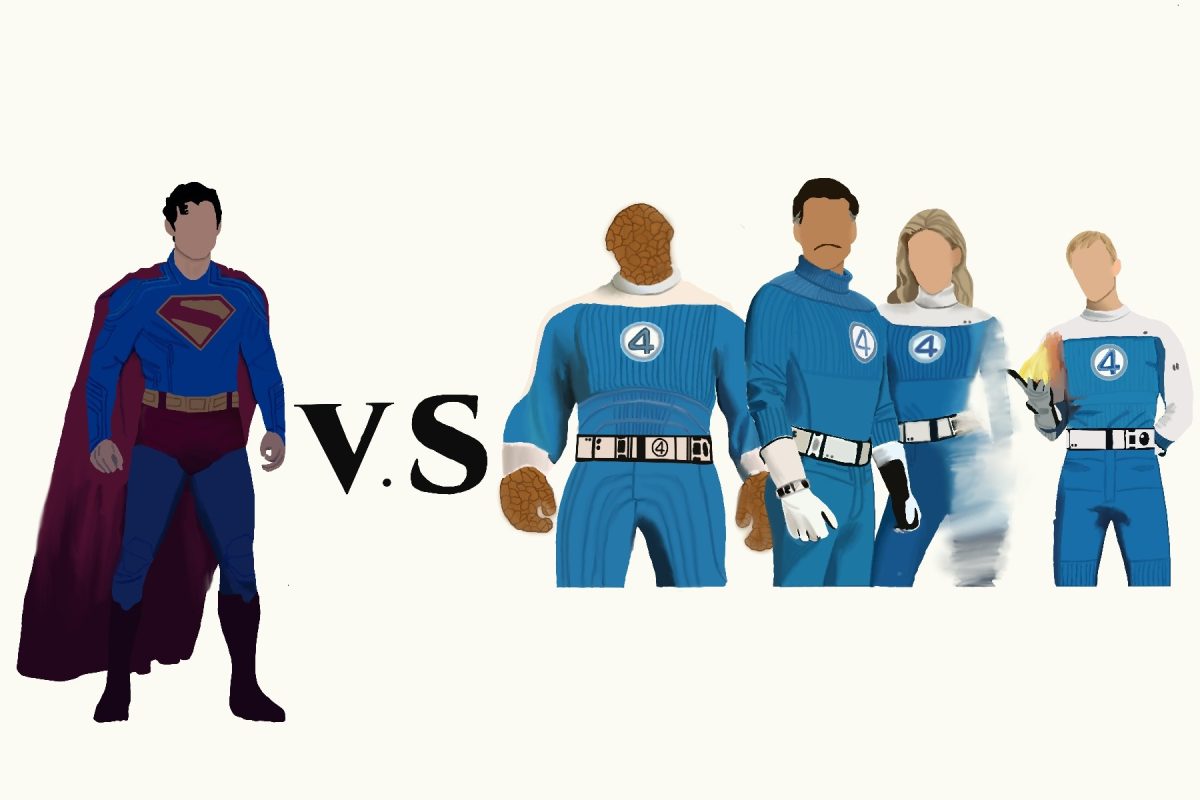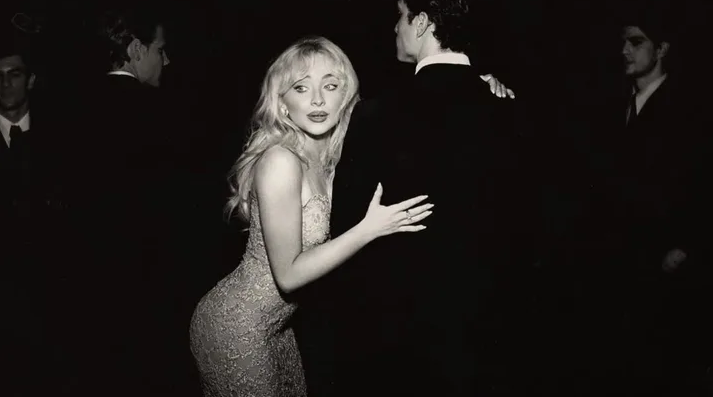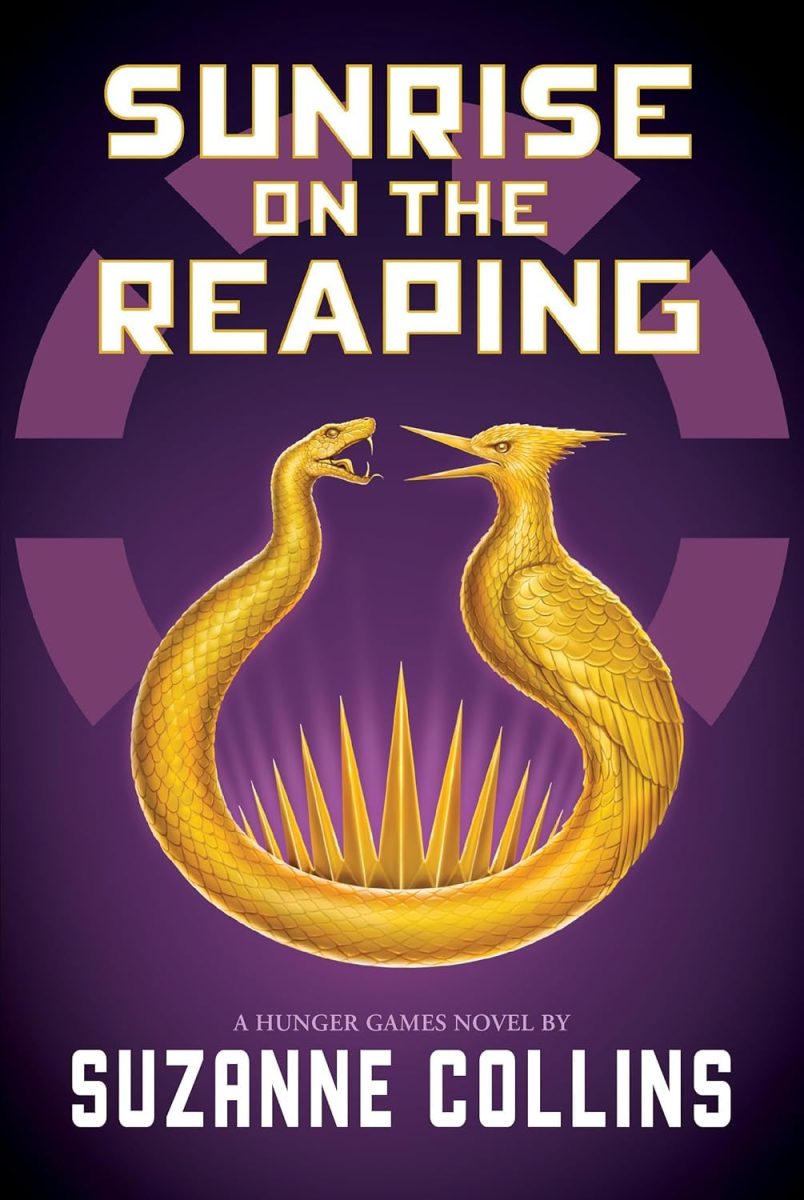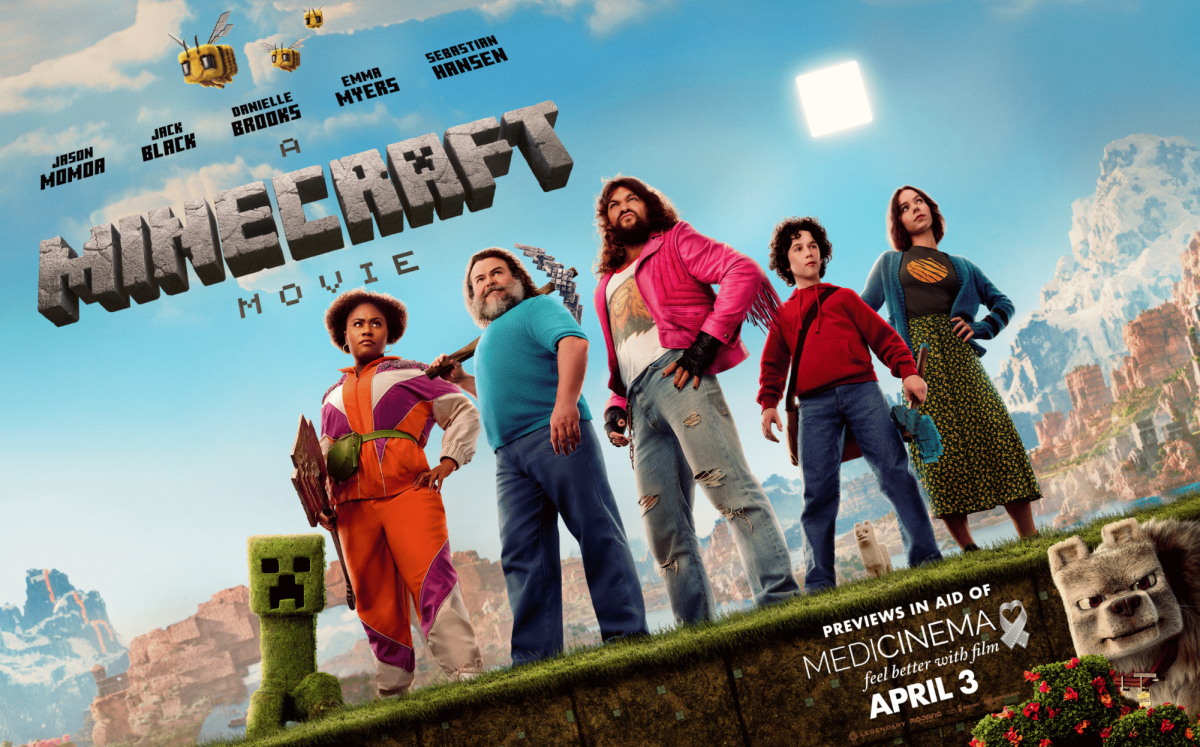Sitting in her AP Seminar class last school year, senior Parker Mettler experienced a moment of revelation that led to the creation of a new school club.
“I noticed one of the kids in my class, he blew his nose and it was a snotty tissue, and he put it straight in the recycling bin and I was like, ooh,… [because] you don’t want somebody’s nasty boogers to end up in your recycling can with fresh cardboard and plastic bottles. [People] can’t recycle that. They can’t recycle your bodily fluids,” Mettler said.
After this gross but intriguing event, Mettler began researching recycling at Wando. She found nothing. Then, she came to an important realization.
“It made me realize just how little emphasis the school puts on recycling, but also educating students about our impact outside of Wando,” Mettler said. “I wanted to make a club that focuses on where our energy goes, when we do something, what are the outcomes, when we, as a school, all collectively turn our recycling bins into trash cans, how does that impact our Charleston community? How does that impact South Carolina?”
In her perspective, she wants to see society support environmental issues that affect all living things.
“To want to do better for the world means that you’re thinking about the experiences of other people and other creatures, you know, everything is responding to the same sorts of stresses that we are. [People] want utopia,” Mettler said. “And that’s never going to happen unless we find equilibrium in our world where we can coexist with each other without taking more than is actually there.”
For AP Environmental Science teacher Jessica Anderson, sustainability is about being conscious about environmental actions.
“[For] me, [sustainability is] just a way to make choices about the products that you consume, the things that you purchase… thinking about where those things are coming from,” Anderson said.
According to Anderson, the impact of being informed as students now is beneficial to the future of the community.
“These are [going to] be students who grow up and stay in this community, then they’re gonna’ be voting for officials and people within our town who get to make decisions and those decisions eventually may play a role [in impact on our environment],” Anderson said. “So spreading knowledge that preserves the natural resources that we have in that community.”
Sustainability Club has partnered with South Carolina’s Department of Natural Re- sources (SCDNR) and Charleston Waterkeeper in efforts to bring conservation to our community.
In a joint effort with SCDNR, Sustainability Club takes part in many recycling projects including marsh restoration and, most importantly, oyster restoration, in which members go and pick out garbage from recycled oyster cells.
“With such work the club is supporting the filtration of some million tons of water per hour. And, that helps our vital ecosystems grow and provide us with oxygen, the carbon or, you know, the carbon system… our fish habitats for our fish growth… all these things that are important to the tailing community,” Mettler said.
Additionally, the club participates in a national forest cleanup each February, in the Francis Marion National Forest, alongside Charleston Waterkeeper. Mettler said that addressing problems in our ecosystem is vitally important to stop destruction of natural life in the local community.
“If we don’t address these problems, we’re just [going to] continue to deteriorate them,” Mettler said.
